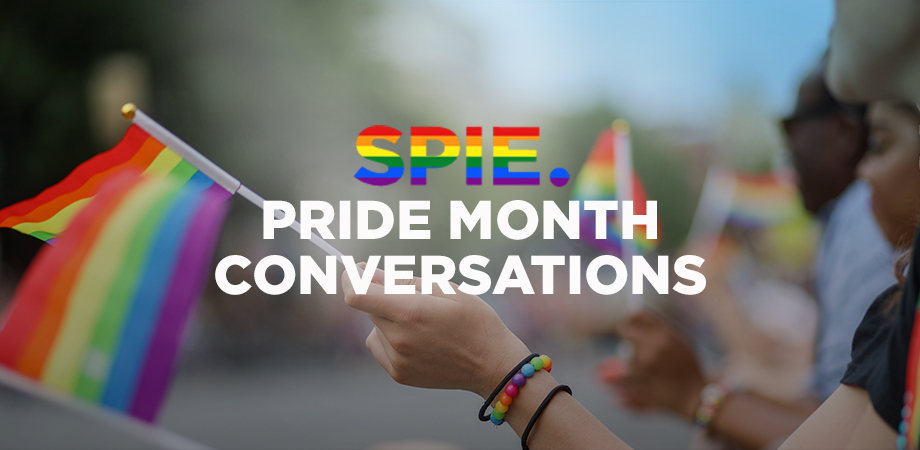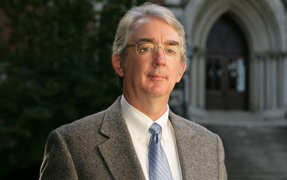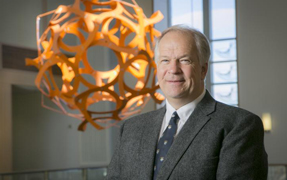Stories of Pride: Scott Hammond

In celebration of Pride Month, SPIE spoke with members of our community about their experiences as LGBTQ+ scientists in optics and photonics as well as within the greater STEM community.
Our third conversation is with Dr. Scott R. Hammond (he/him) who has more than 13 years of experience in the design, synthesis, and characterization of organic nanostructured optoelectronic materials. The Director of Process Development at Nonlinear Materials Corporation, Hammond is passionate about the promise such materials hold for humanity. Scott received a dual PhD in chemistry and nanotechnology from the University of Washington in 2007, and a BSci in chemistry from the University of California, Berkeley, in 2002. You can see his work presented at SPIE Optics + Photonics in San Diego this August.
 Scott R. Hammond |
Currently, I am most inspired by my transgender son, Brick, and his friends. Brick was introduced to the concept of gender fluidity at a young enough age that, when the time was right, he felt comfortable choosing his own gender identity. It has been very inspiring to see Brick and his friends actively choose their own identities without regard for traditional gender norms, and confidently chart new paths forward. I am excited to see this generation grow and mature in new directions without the constraints of previous generations. |
How can allies actively support LGBTQ+ scientists and engineers?
Allies can support their LGBTQ+ scientist and engineer colleagues by bringing their true and complete selves to work, ensuring a diverse and inclusive environment. The STEM fields are often overwhelmingly cis- and hetero-normative environments, creating pressure to conform. By bringing and sharing their unique selves fully, allies can help create a diverse environment in which LGBTQ+ colleagues can feel safe sharing their full selves as well. Not making assumptions around people's identities and preferences - including gender, pronouns, and sexual orientation - helps ensure an inclusive environment. A diverse and inclusive environment ensures everyone can bring their unique perspectives and best ideas to the problem at hand, which is what science and engineering are all about.
What is one piece of advice you can offer the LGBTQ+ scientists and engineers of the future?
Don't be afraid to be your whole and true self in your workplace, and encourage others to do the same. Acceptance and understanding of LGBTQ+ individuals has come a long way in a short time, but more progress is needed to normalize openly queer people in highly educated and technical positions. By supporting and promoting diversity of all types in the STEM fields, you can help create an environment where LGBTQ+ individuals are welcome and celebrated for their unique contributions.
EDI at SPIE
SPIE believes in the development of collaborative environments that value participation from individuals with different ideas, perspectives, and backgrounds, which ultimately have a positive impact on the science of light. Explore our EDI activities.
| Enjoy this article? Get similar news in your inbox |
|



